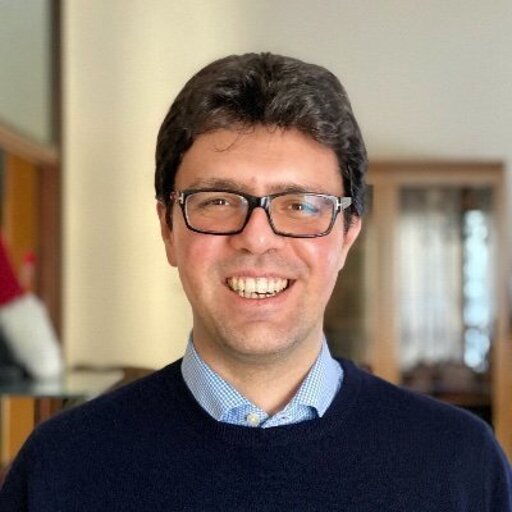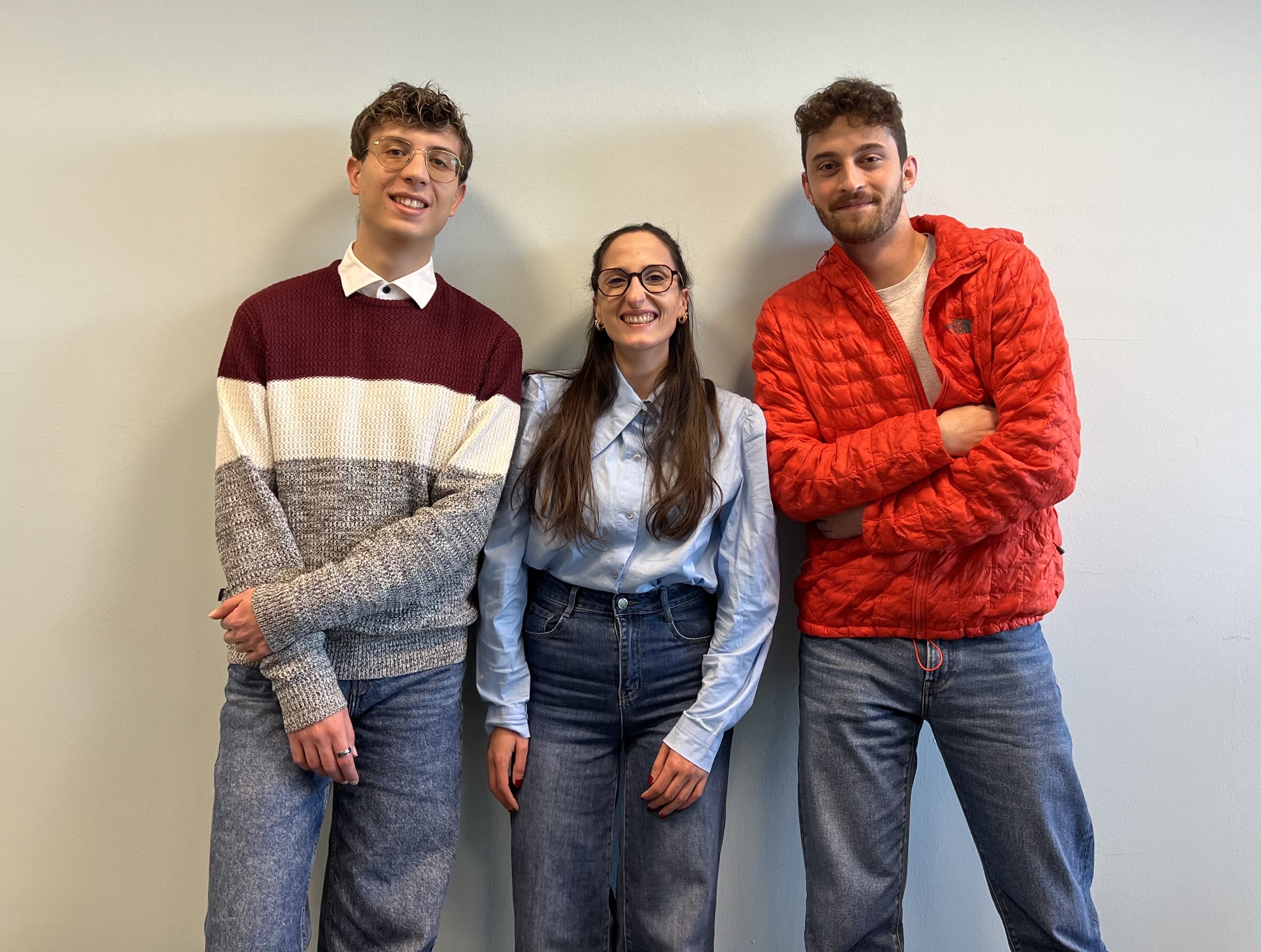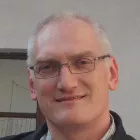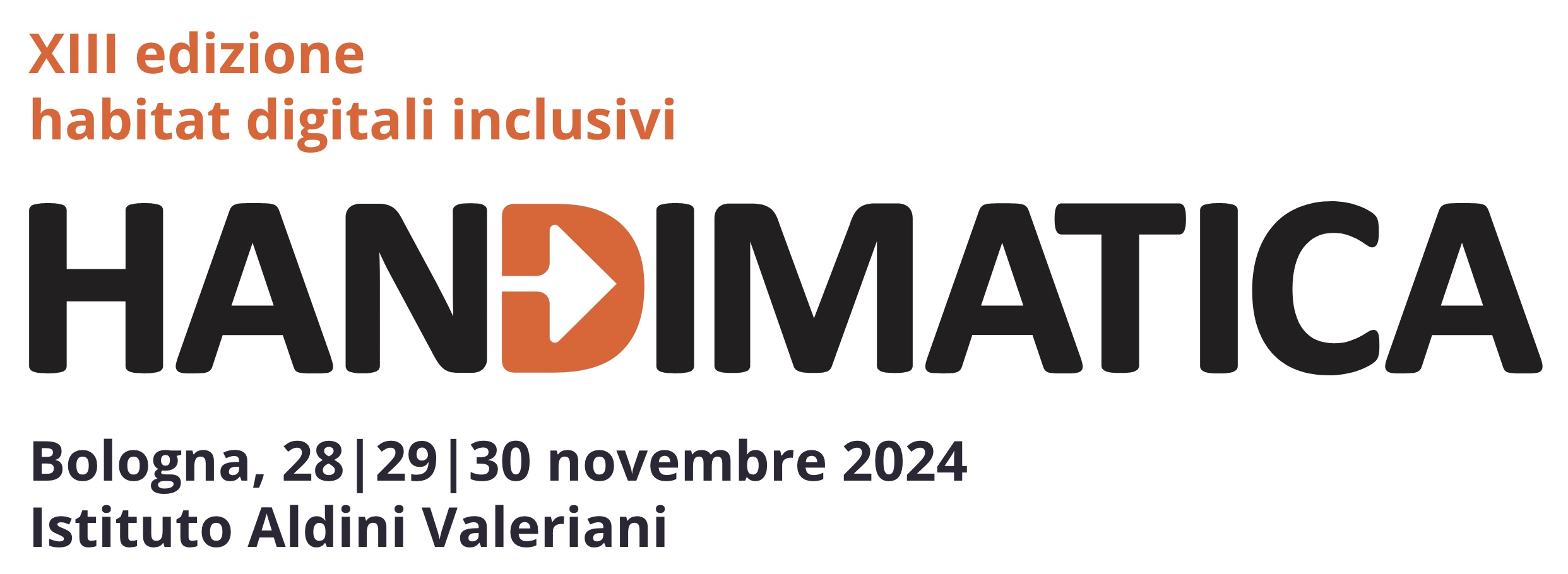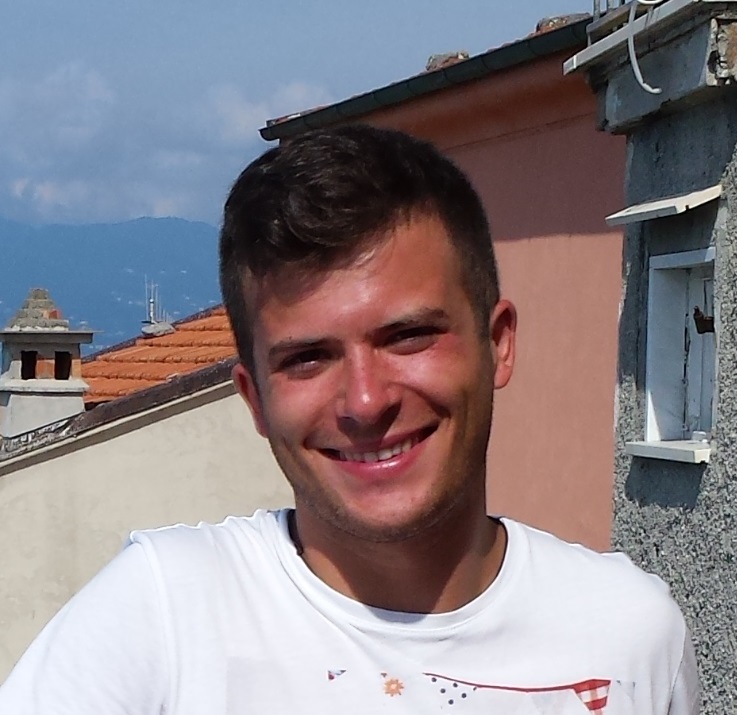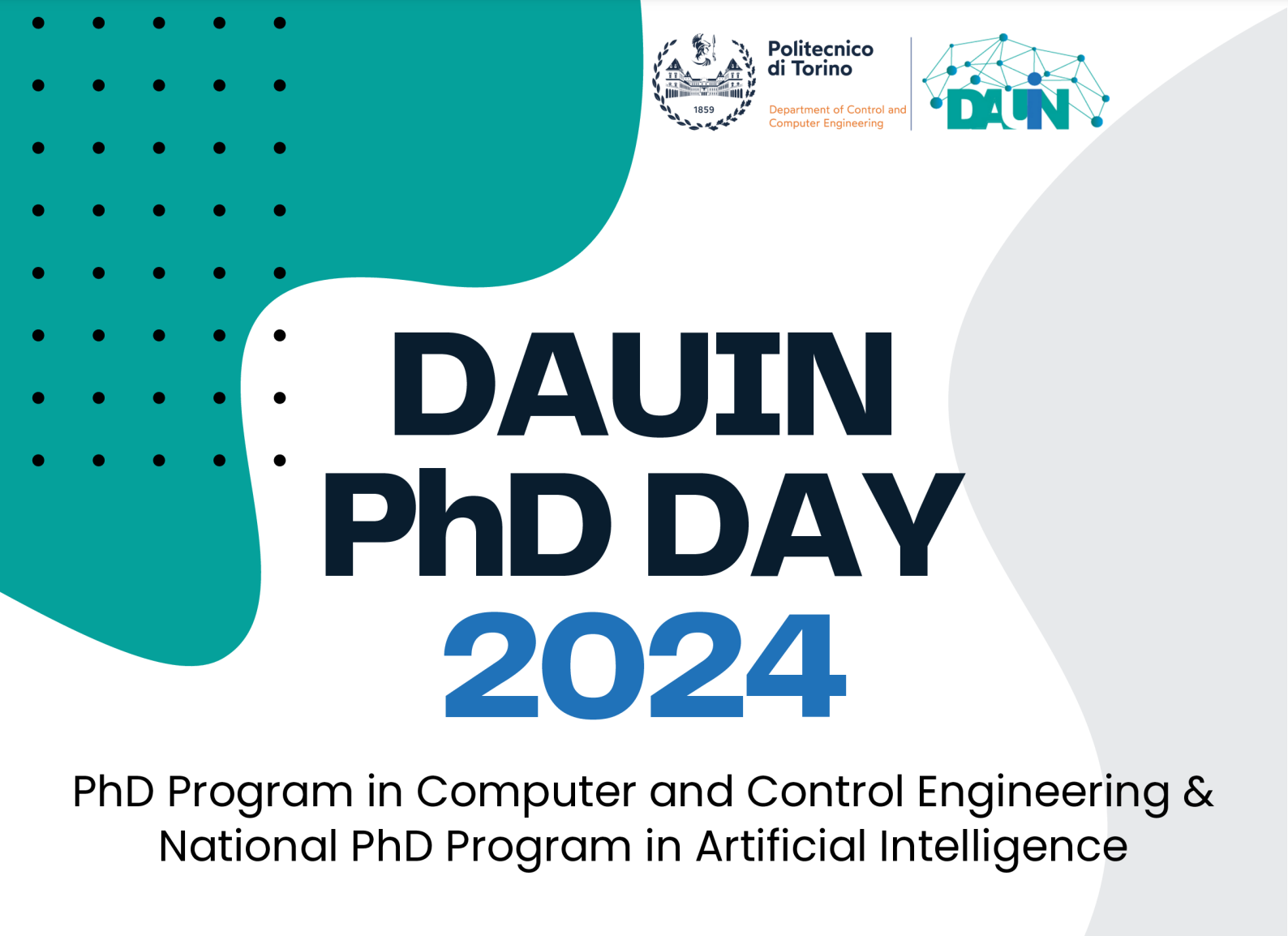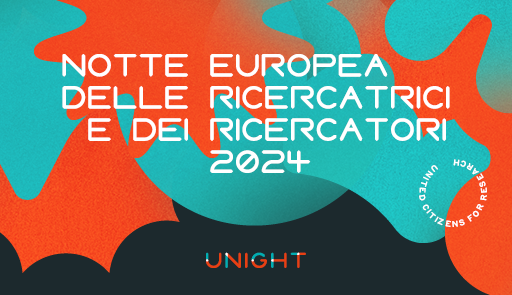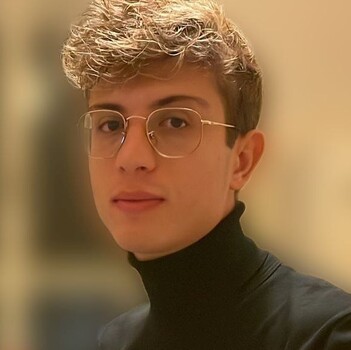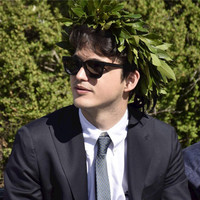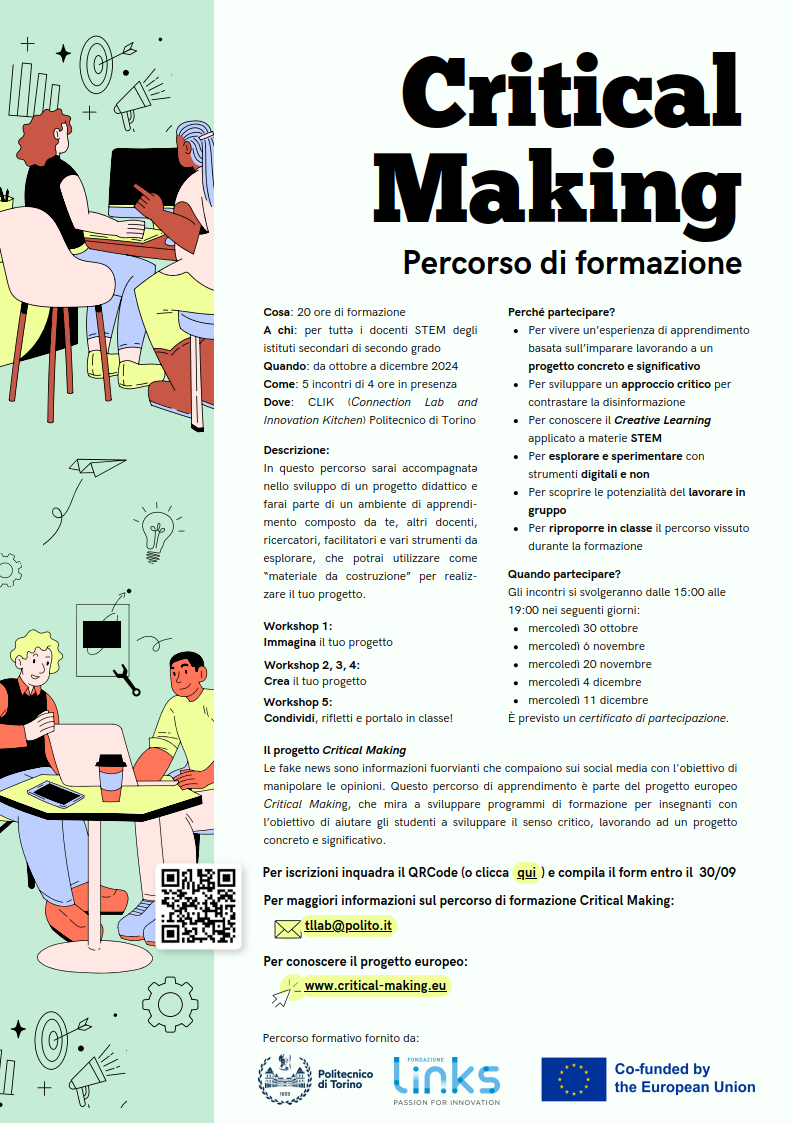 Il progetto Erasmus+ Critical Making, i cui partner includono il Politecnico di Torino e la Fondazione Links,
ed in cui la associazione Dschola è partner associato,
entra nella fase operativa e lancia il suo corso per aiutare i docenti a combattere la disinformazione in ambito scientifico
attraverso la progettazione didattica e l'integrazione delle tecnologie.
Il progetto Erasmus+ Critical Making, i cui partner includono il Politecnico di Torino e la Fondazione Links,
ed in cui la associazione Dschola è partner associato,
entra nella fase operativa e lancia il suo corso per aiutare i docenti a combattere la disinformazione in ambito scientifico
attraverso la progettazione didattica e l'integrazione delle tecnologie.
Il corso si svolgerà all'interno del laboratorio specificatamente attrezzato al Politecnico di Torino nei mesi di ottobre e novembre,
dove si sperimenterà in pratica come integrare nella propria disciplina tecnologie hardware e software (robot, stampanti 3D, videogiochi, audio/video)
con il duplice obiettivo di aumentare le competenze digitali degli studenti e combattere la loro disinformazione in ambito scientifico.
In questo percorso sarai accompagnatə
nello sviluppo di un progetto didattico e
farai parte di un ambiente di apprendi-
mento composto da te, altri docenti,
ricercatori, facilitatori e vari strumenti da
esplorare, che potrai utilizzare come
“materiale da costruzione” per realizzare
il tuo progetto.
Le iscrizioni sono aperte fino al 30 settembre: i posti sono limitati, affrettarsi a prenotarsi per non perdere questa bella opportunità.
